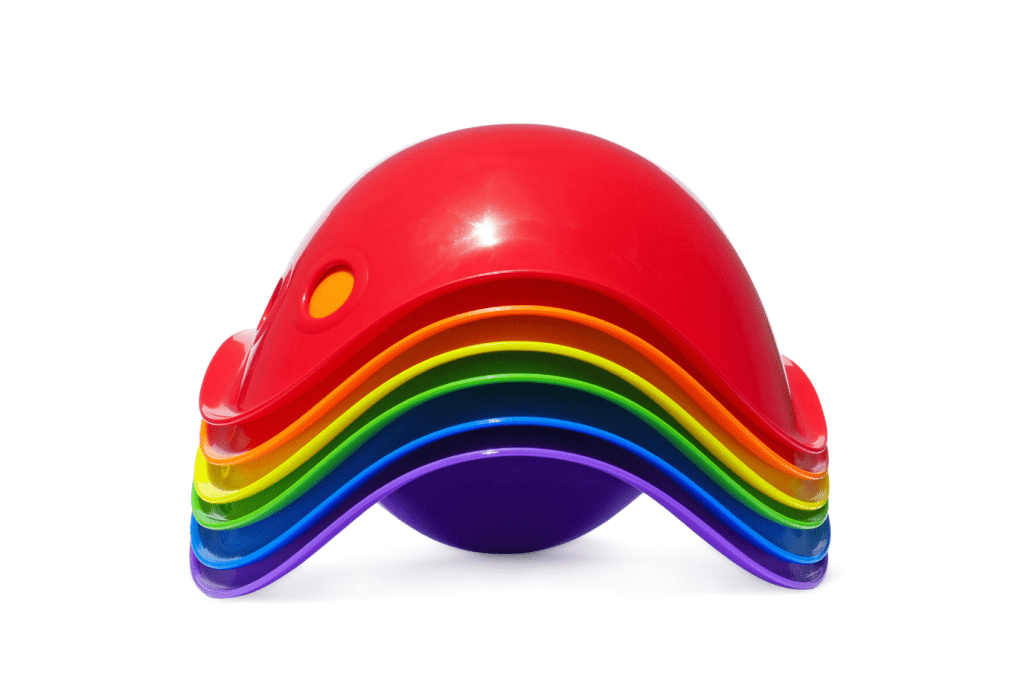Menu
-
-
Easter Basket Gifts
-
Shop Gifts By Age
- Gifts For a 0-6 Month Old
- Gifts For A 6-12 Month Old
- Gifts For A One Year Old
- Gifts For A Two Year Old
- Gifts For A Three Year Old
- Gifts For A Four Year Old
- Gifts For A Five Year Old
- Gifts For A Six Year Old
- Gifts For A Seven Year Old
- Gifts For An Eight Year Old
- Gifts For A Nine Year Old
- Gifts For A Ten Year Old
-
Shop Gifts By Budget
- New Arrivals
-
Toys
- Large Active Toys
- Animal Toys
- Arts & Crafts
- Award-Winning Toys
- Bath Toys
- Birthday Wishlists
- Building Toys
- Cars, Trains, & Trucks
- Games
- Instruments
- Loose Parts Play
- Loot Bag Toys
- Made in Canada
- Outdoor Toys
- Pretend Play
- Puzzles
- Sensory And Fidget Toys
- Sensory Bin Tools & Fillers
- STEM Toys & Activities
- Toronto-Themed Gifts
- Travel Toys
- Wooden Toys
- Waiting Room Toys & Furniture
-
Montessori Materials
- Montessori At-Home Program
-
Montessori Furniture
-
Bundles & Sales
-
Books
-
Shop By Age
-
Shop By Brand
-
Brands A-F
- 3 Sprouts
- 4M
- Ark Therapeutic
- Avenir
- B. Toys
- Bamboo Switch
- Beleduc
- Bob Books
- Brio
- bug + bean
- Carpets for Kids
- Cherrypick
- Children's Factory
- CJECOPLAY
- Clixo
- Connetix Tiles
- Crayola
- Creativity For Kids
- Crocodile Creek
- DJECO
- Educare
- Educational Insights
- Educo
- eeBoo
- Erzi
- ezpz
- Fat Brain Toys
- Fidget Company
- Foundations
- Brands G-L
- Brands M-R
- Brands S-Z
-
Brands A-F
-
- 866-901-4696
- Gift Registry
- Login

Why kids break their toys...
3 min read

Years ago, I bought my oldest a small wooden guitar for Christmas. He's always loved music and I knew he'd have fun with it.
He didn't know how to play but he'd carry it around while strumming it and singing his made-up songs... until he broke it.
He had this frustrating habit of stepping on it (NOT over it) when it was left on the floor.
I reminded him over and over that it would break and eventually it did.
I was pretty irritated (after all the warnings and reminders!) and he was sad.
There was no way to fix it so it went into the garbage.
Why Do They Do This?
It can be so frustrating to watch your child handle their toys roughly or carelessly.

A lot of toys are expensive and from an environmental perspective, it feels like such a waste.
So why, after all the warnings and reminders, do they do this?
Well, as frustrating as it is, it's also developmentally normal.
There's actually 4 likely reasons why children break their toys:
1. They're Curious
Children are naturally curious. They’re "little scientists" as Dr. Montessori observed.
Part of this curiosity is understanding how things work. Breaking toys apart is a way for them to explore and learn about the components and mechanisms inside of their toys.
Part of their scientific exploration is also testing boundaries and limits. Children test boundaries to learn about cause and effect (i.e. I drop it and it makes a loud noise) and to understand the limits of their environment and the objects within it.
2. They Don't Full Grasp The Consequences of their Actions
Young children lack a true understanding of consequences. They don't fully grasp the concept of permanence or the consequences of their actions, such as a toy being broken and thrown away.
It takes life experience and a more developed prefrontal cortex for them to more fully understand consequences.
So it's often they're just experimenting with an object in different ways - throwing, dropped, etc - without understanding that doing this might break the toy.
3. They're Overstimulated
Another common reason why children break their toys is overstimulation.
When they're overstimulated, the closest toy may take the brunt of their feelings - excitement, anger, sadness, or frustration.
4. They're Bored
If a child feels they’ve gotten everything they can out of a toy, they might want to explore it in a new way, i.e. break it apart, throw it, step on it.
What To Do About It...
While this behaviour is normal, it's still incredibly frustrating.
If your child is going through a phase where they want to break their toys or are being too rough with them, remove any toys that are easily and permanently breakable.
Instead, redirect them to toys that are:
- durable, i.e. can withstand their exploration without breaking
- toys they can "break" like a tower of blocks or stack of pillows
- toys that are designed to be taken apart, like Stanley Jr. Take Apart toys
If they're overstimulated, redirect them to more appropriate activities like running around outside, a dance party, climbing apparatus, etc. or sitting together quietly and reading a book, exploring a sensory bin, doing a puzzle, etc.
Some children need to get energy out when they’re overstimulated, while others need to be redirected to a "quiet" activity to help bring them back to calm. It really depends on the child.
If they're bored, remove any toys they haven't played with in awhile and substitute them for new ones that meet their interests and developmental needs.
The BENEFITS of Breaking Toys
As they discover and explore the world, they don’t yet know what’s breakable and what isn’t so accidentally breaking a toy is a good lesson for teaching this concept (a natural consequence).
There will likely be some disappointment, especially if the toy can’t be fixed, but these feelings will help them in the future when they play too rough with something.
It’s also a good lesson because it teaches them about themselves. They learn about their bodies, abilities, and strength.
Even if a young child is breaking their toy "on purpose", the purpose isn’t to destroy the toy so they can never play with it again.
They are exploring the toy and their physical capabilities at the same time. Sometimes it’s as simple as they just don’t know their own strength yet (which can be quite mighty, even for a toddler!).
Join Our Montessori Community
Sign up to get weekly activities, free printables, Montessori parenting guidance, and so much more.
Plus, get $10 off your first order of $100+.
Like this article? Get new articles, weekly activities, free printables, Montessori parenting guidance, and so much more.
One mom recently shared:
"Your newsletter is always SO great. It is one of the few I open and read weekly. You provide so much value. Thank you!"



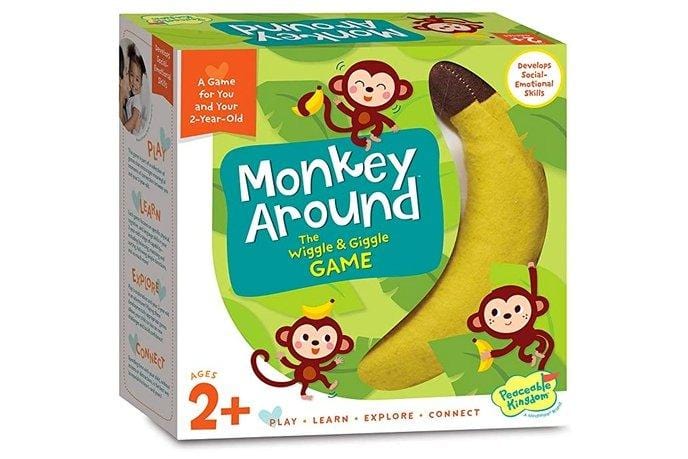
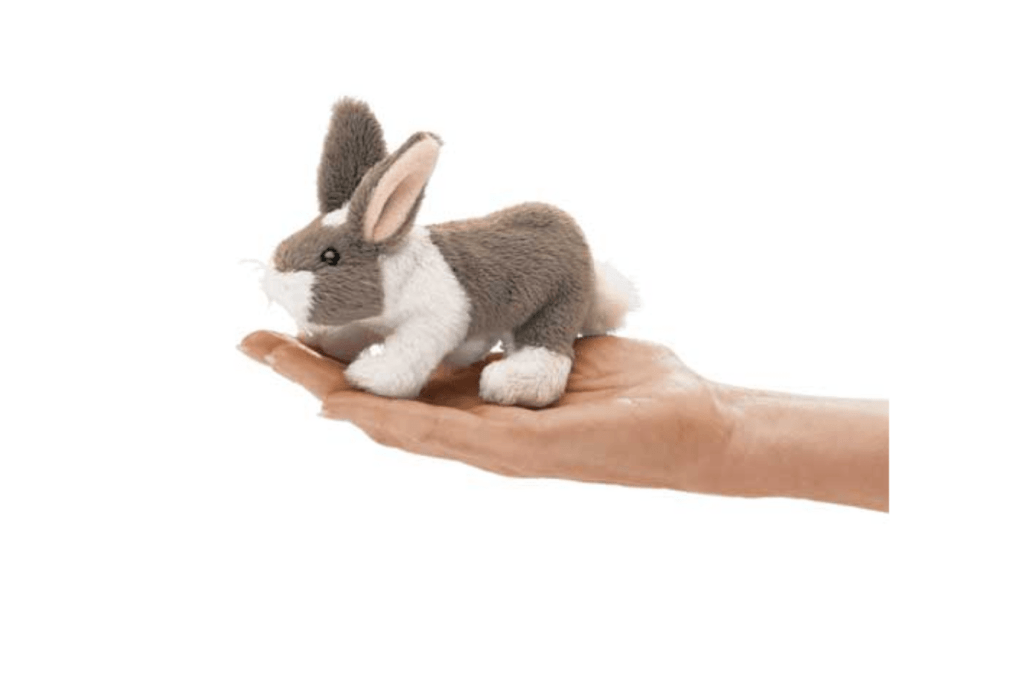
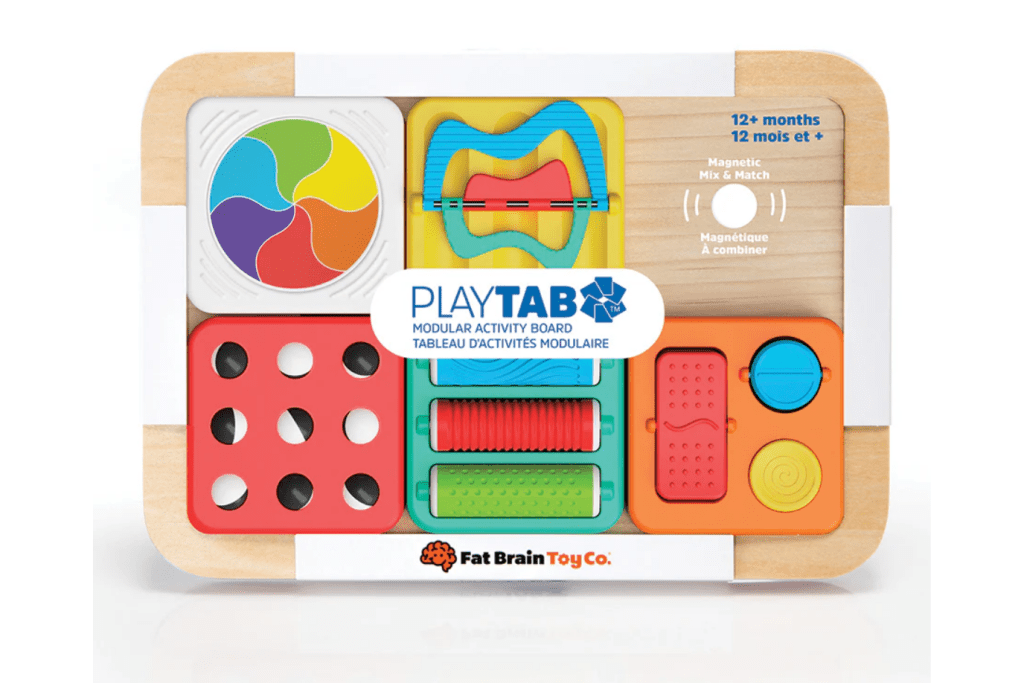
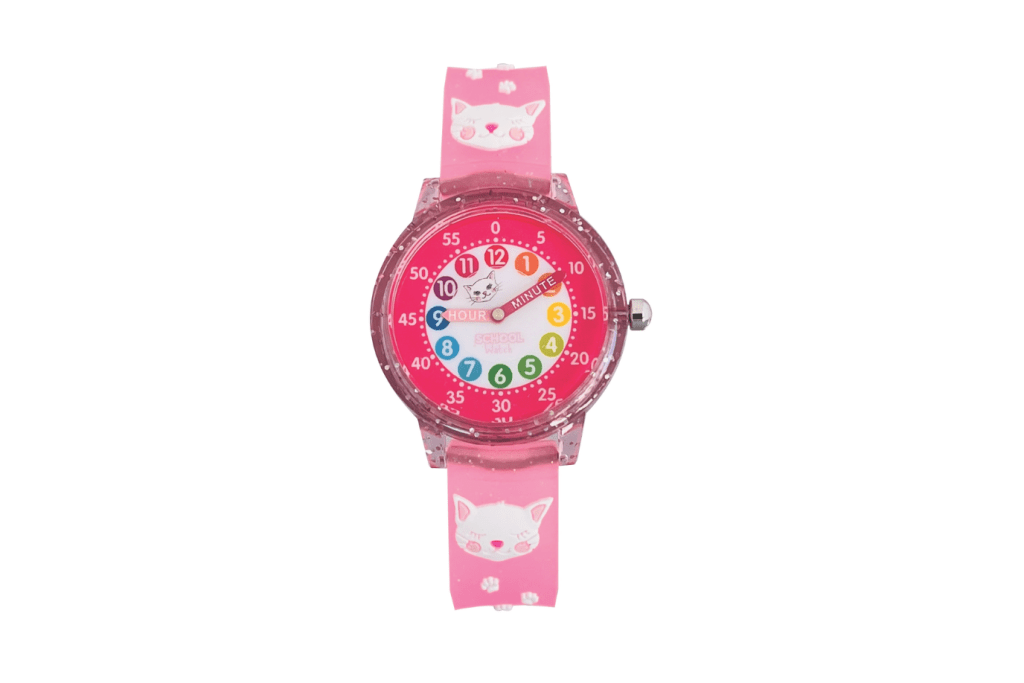
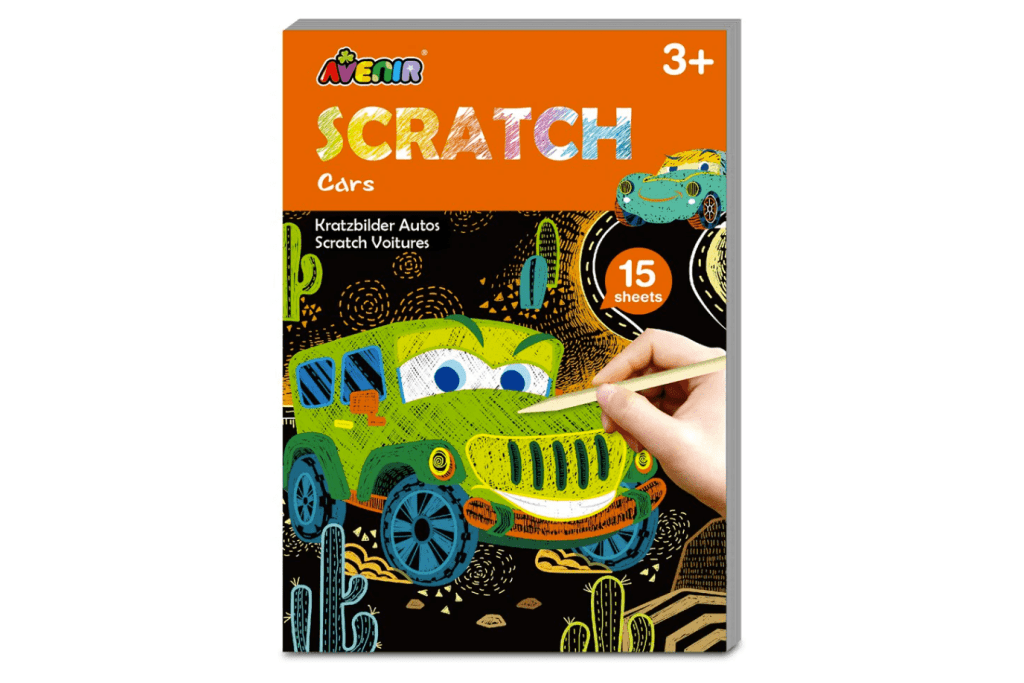

![Kidamento Kidamento Children's Cameras [3 Models]](http://themontessoriroom.com/cdn/shop/products/kidamento-childrens-cameras-3-models-661353_1600x.png?v=1699075281)
